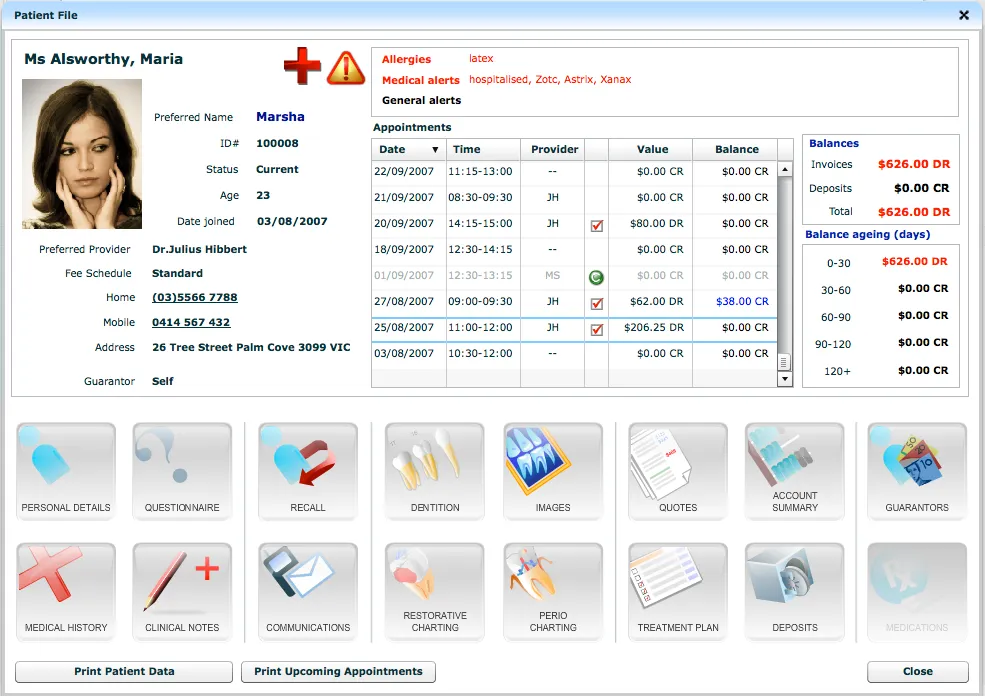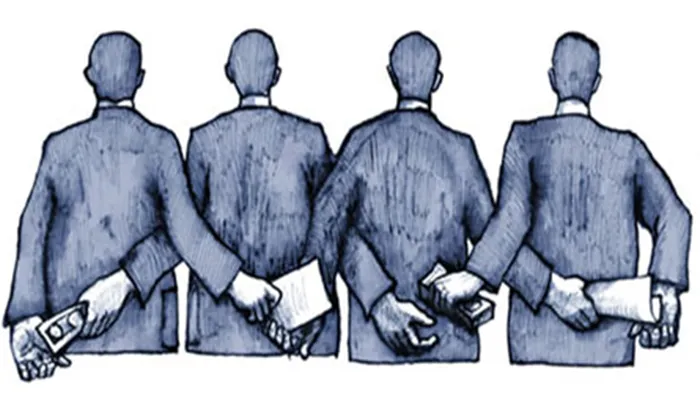Blockchain technology as a platform is set to change the healthcare industry, as it will many other industries.
As part of my day job, I always need to be up to speed with the strategic aspects of most technologies. As I am reading a lot of articles, on "Technology and trends of the future", one thing that I am noticing more and more is that "Block Chain" technology is in most of the Top X Amount of technologies to look out for in the future. To be honest, if I read any of these type of articles, and the blockchain technology is not listed in the Top 10 technologies to watch out for, I will probably not read the article any further.
I am also noticing that more and more users which are joining the Steemit Platform are non-technical users, and that is why I am writing my most recent articles, from a non-technical perspective.
Blockchain in the Medical Industry
I have mentioned earlier in the article that BlockChain will disrupt many different industries, and will therefor over time write a few articles, to explain why I am saying what I am saying. So let's start with the medical industry, but not from the Medical side, more from a patient information side.
Won't it be nice if you can carry your patient record with you in a secure manner, where ever in the world you are traveling? You are in control of your own medical history, and you can decide who are allowed to view this information when you want to.
So let's look at an example:
I am a Canadian travelling in Australia. I get the flu, and need to attend a doctor's appointment to get some antibiotics. I make an appointment at the nearest hospital. When I see the doctor, he asks me, to allow him access to my Medical Records. I do so, by providing him with a link via email. He selects the link which executes a smart contract or workflow which in turn sends me an email from the Doctor's email, requesting me to open my patient record to him … and all of a sudden the link opens my file, which is secured on the blockchain. Not only does it opens the patient record for the doctor to see my history, but he will also add to this history, by prescribing specific antibiotics, and it will be recorded in my full audit trail, which will be kept on the blockchain forever.

Image Credit
Please note the above image is a fictional record that I found online as an image.
This is already happening by the way …
There are many companies which already provide these services, well in fact in a much easier way than sending emails via workflow. You can actually do it via a mobile phone authenticating via you private key, which is one of a few main reasons, why blockchain will be the appropriate technology.
Blockchain and security
One of the main problems which Blockchain is solving are that of privacy and security. I have found a very good explanation in laymen's terms of how difficult it is to break or hack the blockchain in a blog from Edward Bukstel on Medium. All credit for the statement below to Edward
…blockchain incorporates crazy ridiculous security that could take the world’s most powerful supercomputers, working every second of every day, over 10,000 years to crack,. How is this security so strong? Well, imagine multiplying 2 prime numbers so large that if you typed the result of their multiplication onto 8.5 x 11 paper, the stack of paper would be large enough to go to the moon and back and further. Imagine the result of that multiplication of very large prime numbers as the public identifier for a person’s electronic healthcare record. If you plugged the result into a supercomputer it could take forever to identify the 2 prime numbers that were initially multiplied together to create the result. It is also useful to consider that there are even more sophisticated security algorithms beyond the RSA Prime number example.
Blockchain also solves the Master Patient Identifier problem
One of the key problems to solve in an environment where there are a multitude of systems, and different rules in the various countries around the world, is that the system needs to identify you as a patient by a unique identifier. This can be solved via every user having a private key. Exactly the same key, which you will use as your identifier for your currency transactions. Your private key are basically your universal identification document for any transaction. So it doesn't matter which country you are from, or what medical aid you have. You are in control of who sees your information, and not some tech dude administrator, which sits in the backroom, which is currently managing your bank information, your medical information or any other information which is inside a computer system anywhere the world. The administrator can always see everything.
So why is this technology not mainstream yet.
I will be refereeing to a blog from Edward Bukstel on Medium. All credit for the statement below to Edward.
The biggest barrier to the introduction of any new technology no matter how “disruptive” is the $3+ Trillion US Health System does not adapt very quickly.
This is not only the case in the US, but the case in every country on earth.
There where the money flows, is normally a hesitation, to transparency. I do not think that a $3 Trillion industry wants to be as transparent as we want them to be. The less we know, the less they have to defend, and the easier for "some items" to be added to the invoices of unsuspecting patients.
I will probably write more about the specific aspects of blockchain in the Healthcare industry as it is a very large topic to cover in detail.
As a summary there are many different aspects to consider, but up to now, I could not really find any aspects or doubts on why this technology could not work, actually work very easily … but there are always an adoption curve or evolution that needs to happen by the various players in the industries …
Happy Steeming
If you enjoy my articles please follow me on my blog at @jacor


